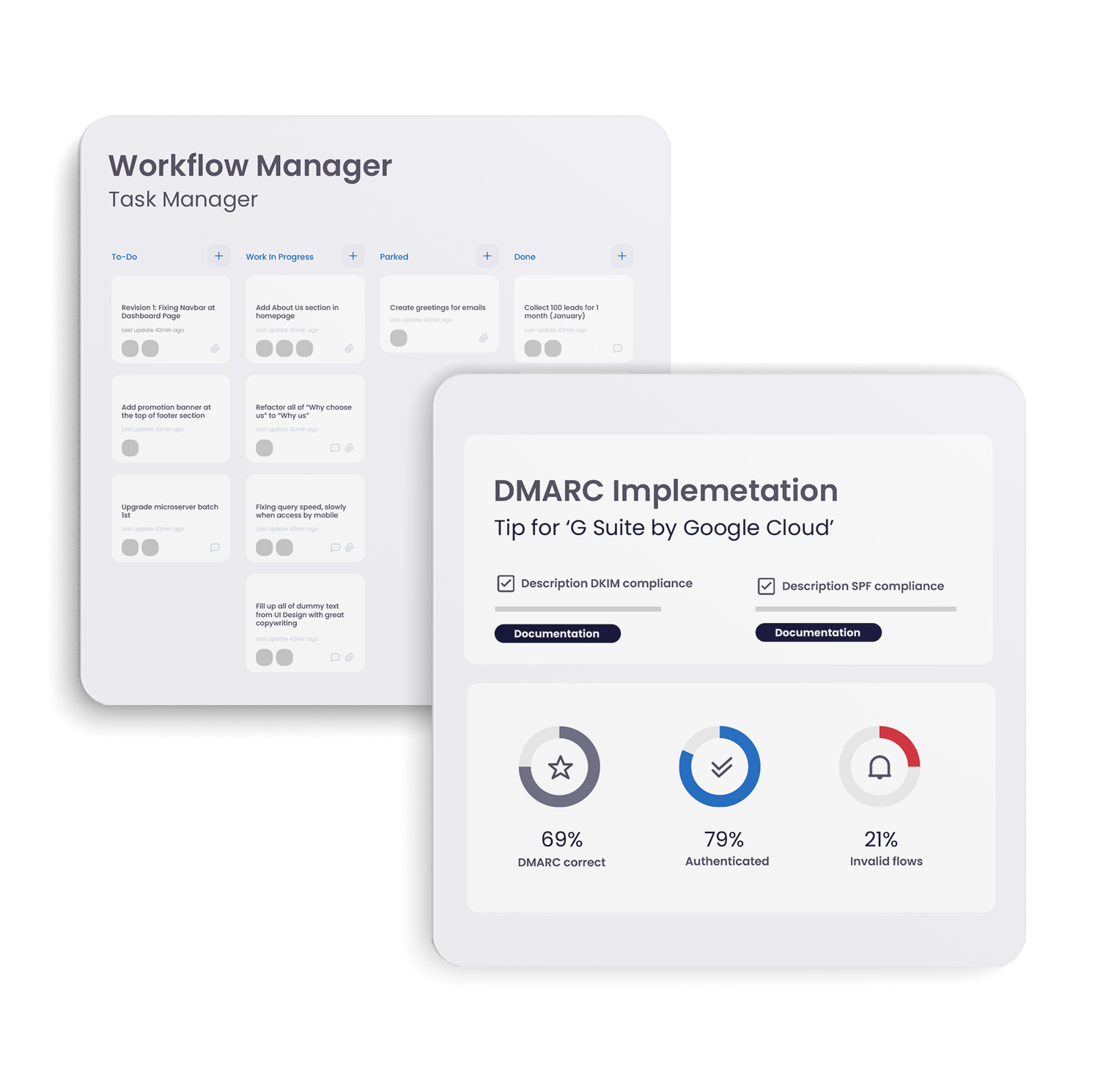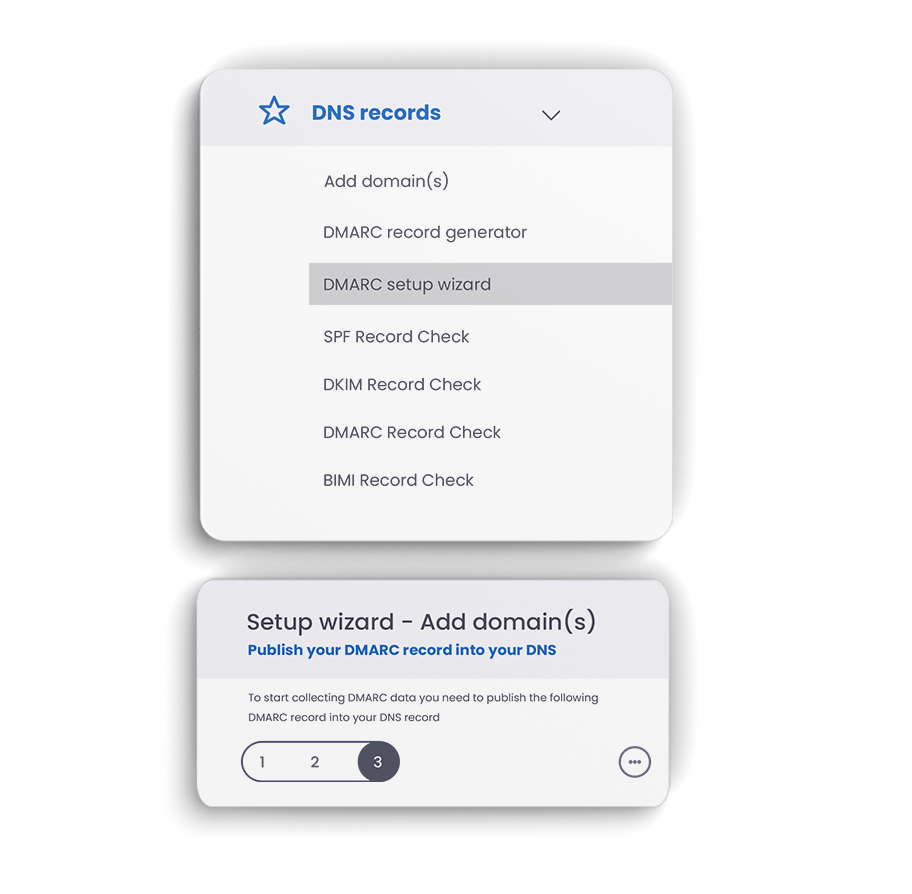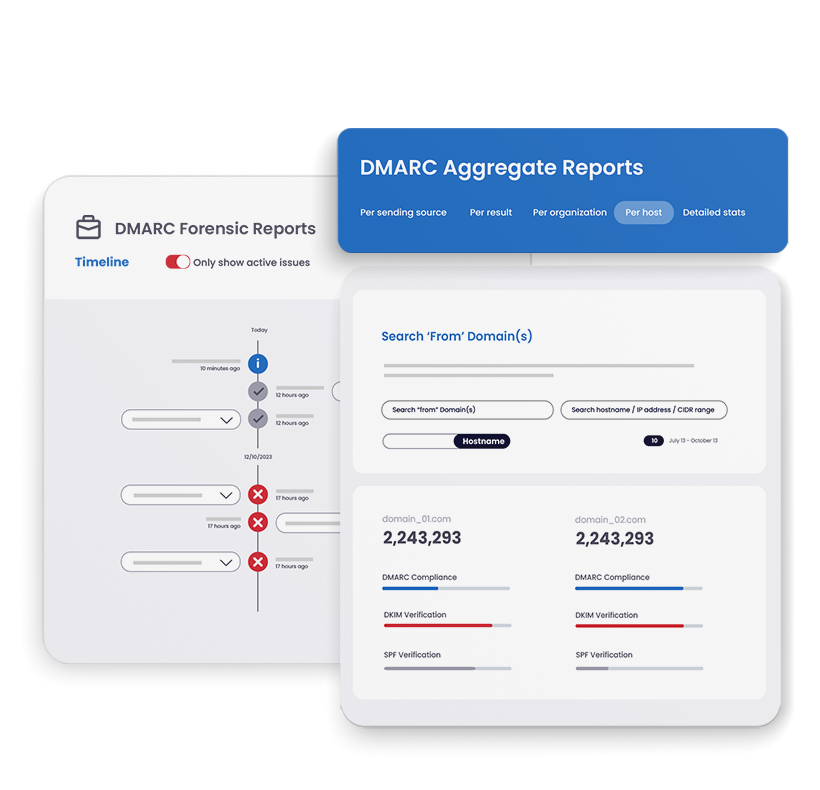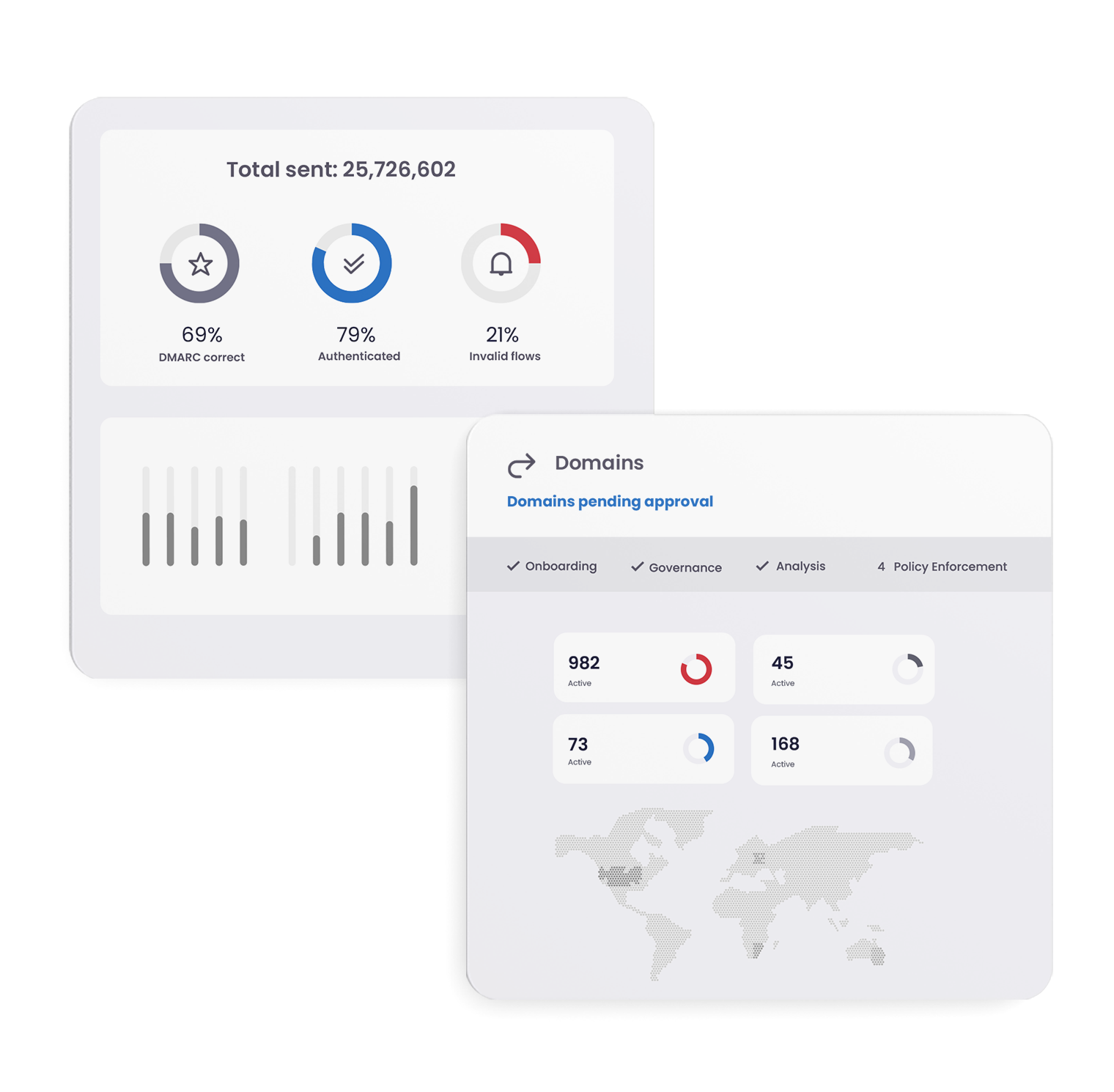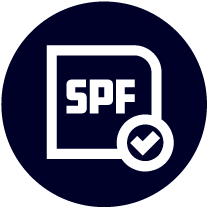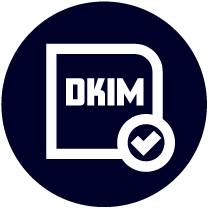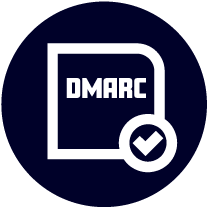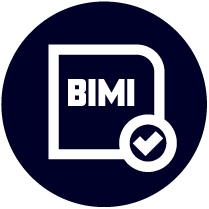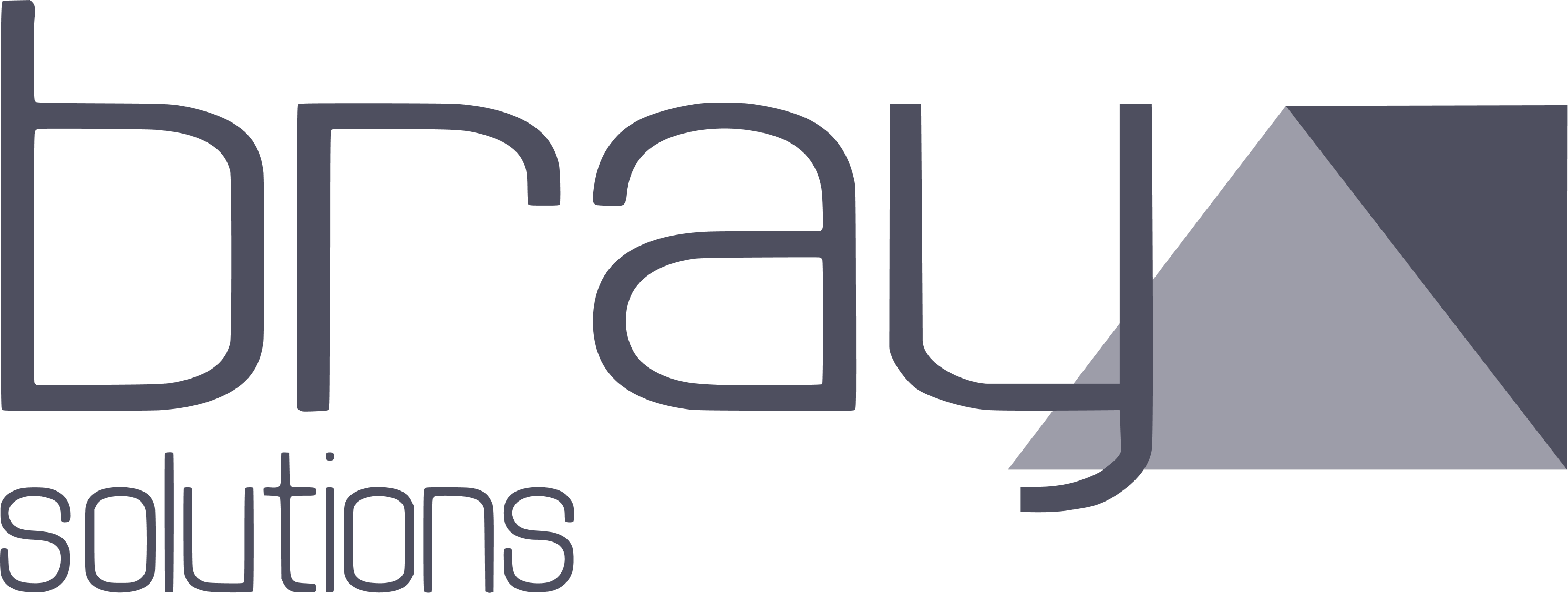Domande frequenti
Esplora maggiori dettagli sui record DMARC.
Che cosa significa DMARC?
DMARC significa Domain-based Message Authentication, Reporting and Conformance. È uno standard tecnico che aiuta a proteggere i mittenti e i destinatari di email dalle minacce avanzate che possono essere la causa di una violazione dei dati via email.
Che cosa fa il DMARC?
Il DMARC si basa sui protocolli di autenticazione DKIM e SPF per rilevare quando un attore di minacce utilizza un dominio senza autorizzazione. DMARC viene utilizzato per bloccare la consegna di email non autenticate.
Perché il DMARC è importante?
La sicurezza delle email DMARC offre ai proprietari di domini un modo per delineare le loro pratiche di autenticazione e specificare le azioni da intraprendere quando un'email non supera l'autenticazione. DMARC fornisce anche un modo per i destinatari di segnalare le email che non superano l'autenticazione.
Quali sono i vantaggi del DMARC?
DMARC aiuta le aziende fornendo un ulteriore livello di protezione contro attacchi come la frode di impersonificazione, dove un aggressore utilizza un dominio legittimo per inviare un messaggio fraudolento.
In che modo il DMARC impedisce il phishing?
DMARC verifica se le email sono state inviate da un IP o dominio autorizzato, specificando come i domini possono essere contattati in caso di problemi di autenticazione e fornisce le informazioni forensi necessarie per monitorare e mettere in quarantena le email sospette.
In che modo DMARC impedisce lo spoofing?
DMARC esamina proattivamente le intestazioni dei messaggi email per garantire l'accuratezza delle informazioni fornite. DMARC funziona con l'autenticazione DKIM e SPF per verificare le email legittime prima della consegna e rifiutare le email dannose prima che vengano recapitate.






